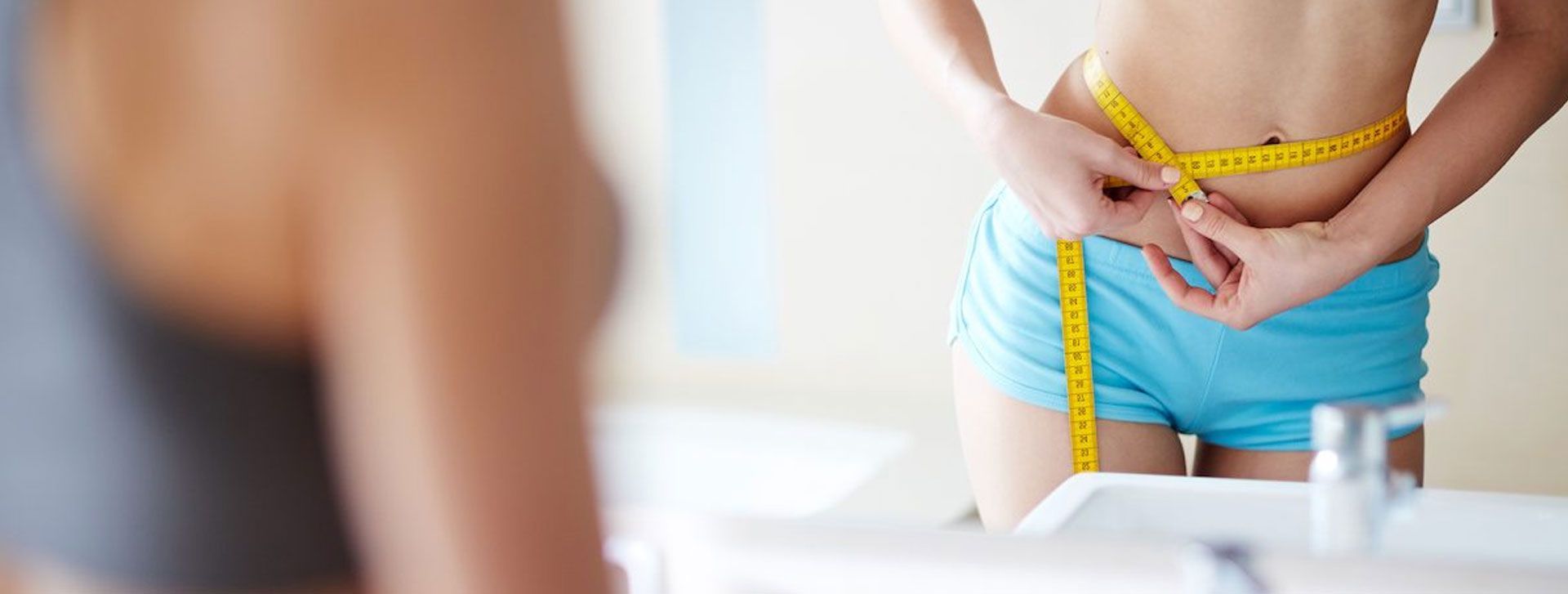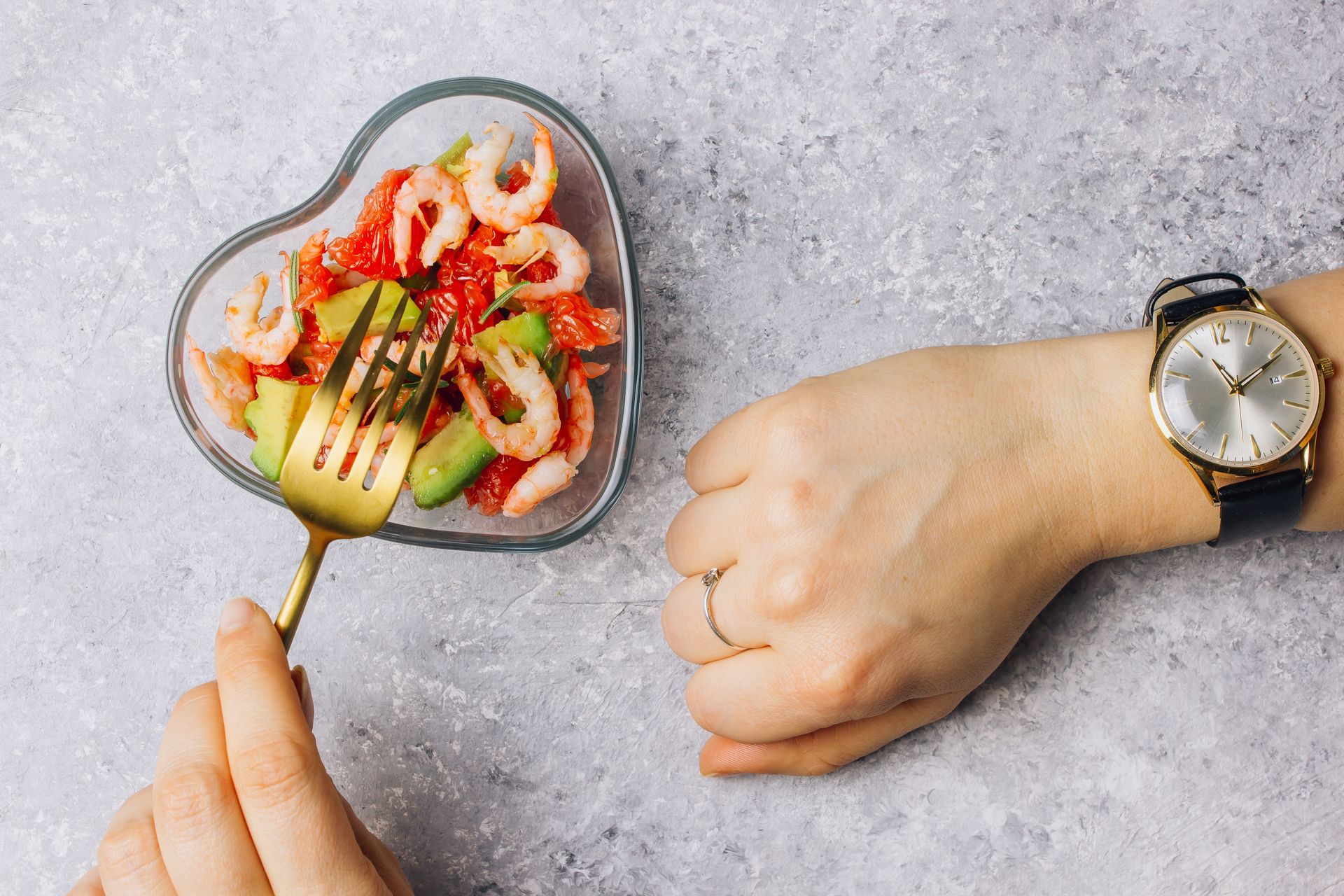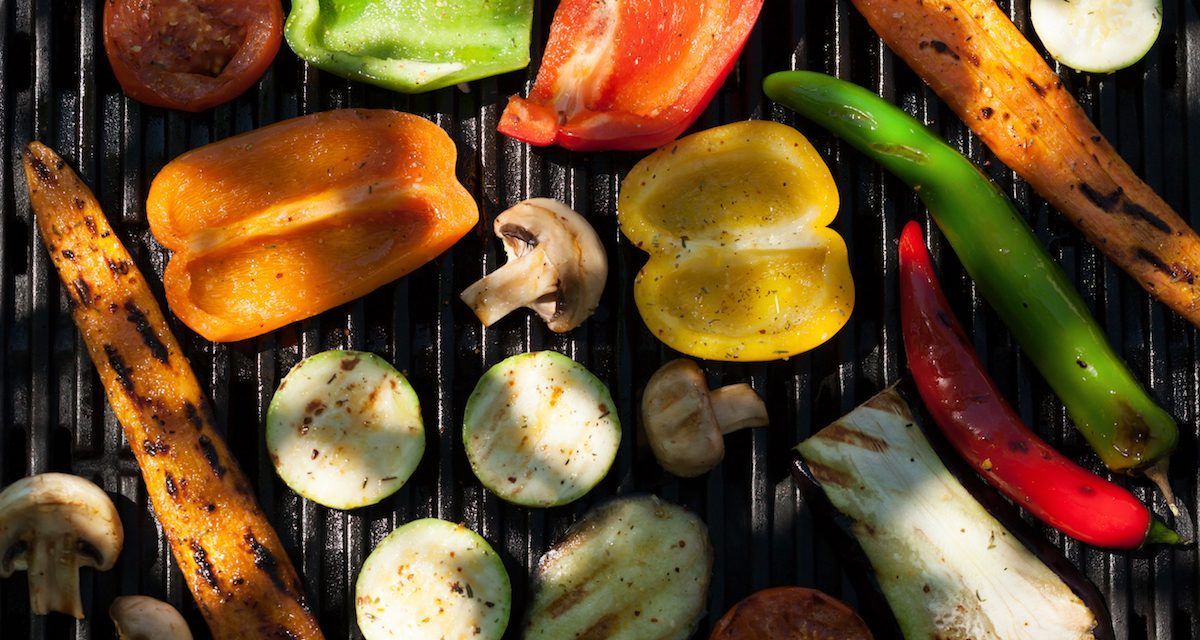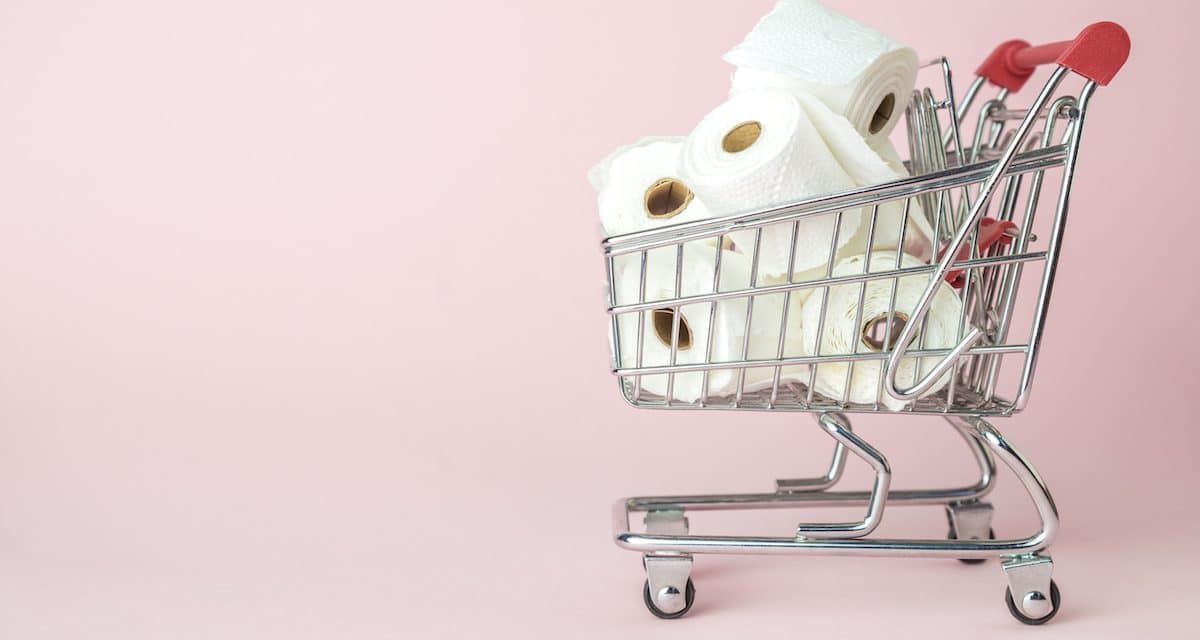What You Need to Know About the Keto Diet
It involves getting serious about your fat intake.

The keto diet has become one of the latest buzzwords for weight loss fanatics.
For those who have started your first CSH therapy® weight loss treatment, you might be wondering if you should be getting on the keto bandwagon for improved results. You might even find many similarities between the keto diet and CSH therapy’s recommended meal plan.
To help you make sense of it, we have prepared a beginner’s guide on the details of the keto diet — like what it is, how it works, and exactly how much butter and cheese you are allowed to enjoy. Read on!
What is the keto diet and how does it work?
Typically, the body draws its energy from glucose. You probably already know that glucose comes from staples like rice, bread and potatoes.
The keto diet deliberately removes glucose sources from the equation. This forces the body to go into ketosis, a process that extracts fat from cells and turns them into an alternative energy source known as ketone bodies.
That’s why the keto diet requires a massive fat intake (good news for avocado lovers!) and restricts carbohydrates and proteins, both of which are readily converted into glucose. In that sense, it shares many similarities with the Atkins and other low-carb diets. But the keto is also much more austere since it requires you to weigh exactly how much you’re consuming.
Now the keto diet is serious about fat. Most versions call for a diet where 75% of your calories should come from fat, 20% from proteins, and 5% from carbohydrates. It is a complete shift from what your body is accustomed to, because normally, carbohydrates account for 45-60% of a typical diet.
What is the recommended period of following the diet?
There is no recommended minimum period of take-up for the keto diet. However, do know that it takes time for your body to adapt to the keto diet and enter ketosis. This process can take from two to seven days, depending on your body type, activity levels, and what you’re eating.
When you want to call it quits on keto, reintroducing carbohydrates into your life will take some prep work. Start with including a small amount of carbs into one meal, and progressively increase that amount until your body adjusts to the change.
As with all other diets, discontinuing the keto diet will also be accompanied with some weight rebound and hunger pangs.
What are the benefits of going on a keto diet?
A keto diet can sit well with people who are diabetic, overweight, or looking to improve their metabolic health.
For most of us whose diets consist of 45-60% carbohydrates, we are likelier to experience sharper and more sudden spikes in blood sugar after every meal. This signals the body to produce more insulin, the hormone that encourages your cells to absorb excess blood sugar and convert them into fat. For this reason, it is also the hormone that’s commonly associated with fat around the midsection.
Since the keto diet is low in carbs, it reduces your body’s reliance on insulin. For people who are watching their weight, this has immense long-term benefits for their waistline.
But do watch out for side effects when your body is initially adapting to the diet. This is often referred to as the keto flu and is usually over within a few days.
The keto flu includes poor energy and mental function, increased hunger, sleep issues, nausea, digestive discomfort and impaired exercise performance. These initial symptoms usually disappear within a week.
Who should not try this diet?
As with other eating plans, the keto diet isn’t suitable for everyone. It can be dangerous for people with type 1 diabetes, as it can increase the risk for life-threatening diabetic ketoacidosis (DKA). DKA occurs when the body starts producing ketones at an overly fast rate, which acidifies the blood to toxic levels. For this reason, even type 2 diabetics on keto should test their blood sugar and ketone levels regularly.
People with kidney disease should also take extra care; a poorly formulated keto diet can lead to the formation of kidney stones.
Before you start keto, always consult with your doctor to determine if this is the right diet for you.
What foods can you eat on the keto diet?
A standard ketogenic diet requires that fat comprise 75% of your total calories. Protein makes up about 20%, while 5% comes from carbohydrates. Generally speaking, it’s best to keep carbohydrate intake between 20-30 grams per day in order to maintain ketosis. That’s the equivalent of about half a medium bagel.
You can eat some proteins on a ketogenic diet, but the rest of the spectrum is limited. Starchy vegetables like potatoes, corn, and squash are too high in carbohydrates. The same goes for fruits with high sugar content. Milk, beans, rice, pasta and bread are off-limits too.
To stay as healthy as possible, anyone who wants to try the keto diet should eat plenty of low-carbohydrate vegetables like red bell pepper, kale and cauliflower. The rules of keto impact more than just meal time, too, since juices, sodas and alcohol will knock you out of ketosis.
Here’s a sample of how a ketogenic meal plan would look like:
- Breakfast: Bacon, eggs and tomatoes
- Lunch: Chicken salad with olive oil and feta cheese
- Dinner: Salmon with asparagus cooked in butter
You should always try to rotate the vegetables and meat in the long run, as each food item provides different nutrients and health benefits. In case you get hungry between meals, here are some healthy, keto-approved snacks that you can consume: a handful of nuts or seeds, 90% dark chocolate, full-fat yogurt mixed with nut butter and cocoa powder.
Is keto diet compatible with CSH therapy®?
At Absolute Wellness, we recommend that you temporarily follow a clean-eating meal plan during the course of your CSH therapy® treatment.
This meal plan shares certain similarities to the keto diet. As with the keto diet, one of the key foods you will have to omit from your meal plan is carbohydrates – in particular rice, pasta, fruits with high sugar content and sweetened drinks.
But if you were wondering whether it is necessary to start the keto diet to see results from CSH therapy®, the answer is no.
CSH therapy® is compatible with many nutritious foods which are banned from the typical keto diet, such as wholemeal bread, potatoes and milk. Our meal plan does not exclude any major food groups, and does not rely on ketosis to achieve results.
Take the first step and book a consultation with us today.



